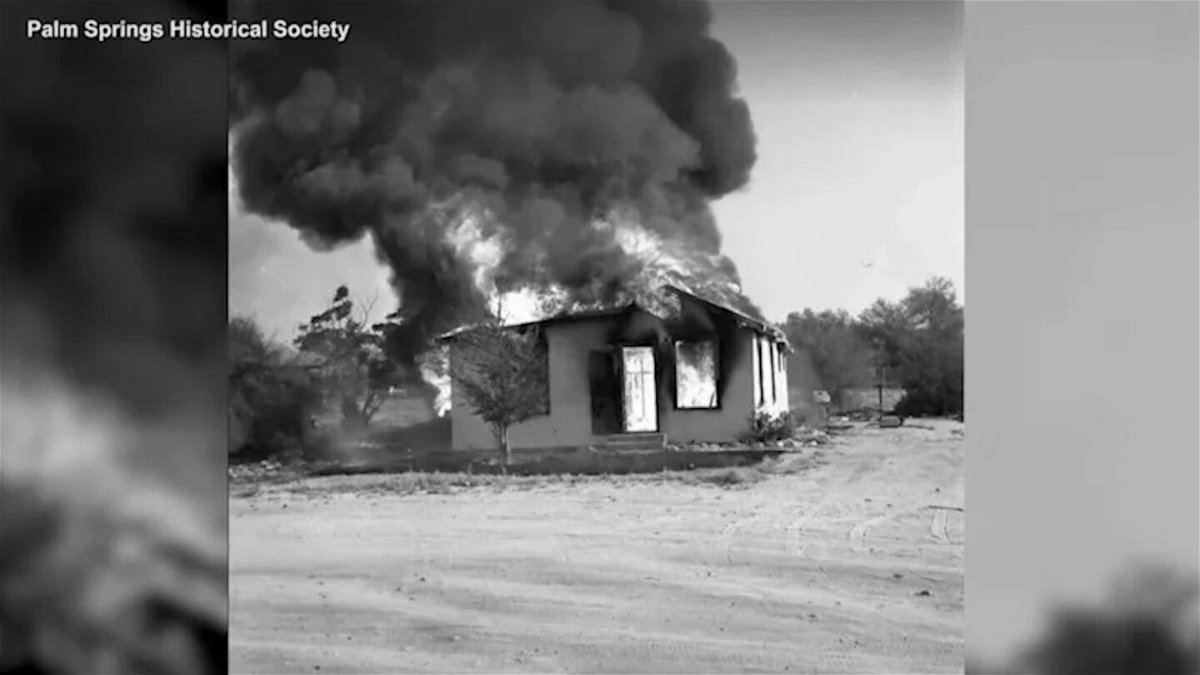‘Right that wrong’ Palm Springs City Council agrees to take actions regarding Section 14

The Palm Springs City Council issued a statement following a closed session meeting where they announced they agreed to several actions regarding Section 14.
Section 14 was located in the downtown Palm Springs area. It was home to hundreds of people, mostly minority families, until the 1950s when they were forcibly evicted and their homes razed for the city’s development.
The Palm Springs Section 14 Survivors launched a campaign calling for the city to right the wrongs. In January, several supporters urged the city council for a resolution.
It appears that some kind of resolution was agreed to on Thursday.
"My colleagues and I recognize that City funds were used to clear land which housed individuals and "Families who were tenants on the property, including minority groups. We know that we as a city need to right that wrong and in today’s Closed Session we collectively agreed on a number of steps to accomplish that goal," reads a statement by Palm Springs Mayor Jeffrey Bernstein.
Around a year ago, the city looked into taking steps towards potentially providing reparations to Section 14's survivors and descendants, however, the city council ended up rejecting a plan to hire a team to develop it.
On Thursday, Bernstein said the councilmembers directed the City Attorney with regards to the claims made to the City by the residents of those displaced from Section 14.
There were no further details on this, including whether it will end up being the reparations plan.
Other steps include:
- The City Council gave direction to the City Attorney with regards to the claims made to the City by the residents of those displaced from Section 14.
- More affordable housing by contributing to a Community Land Trust
- Exploring ways to increase economic opportunities, particularly with small businesses in underserved communities
- Hiring a consultant for a historical context study
- Other potential programs which would include the the possible renaming of a community park, dedication of an art installation, and/or creating a Day of Remembrance.
"The first step we will be taking is asking Staff to review the results of our new small business entrepreneur pilot program with Caravanserai – and potentially expand funding," Bernstein wrote.
The city statement did not mention money payments to descendants of people evicted from the tribal land.
A group of families with ties to Section 14 land has called for $2.3 billion in reparations from the City of Palm Springs. That would be nearly $1.2 million per family.
Those families have also been exploring legal remedies for their reparations claims.
Bernstein added that the city will explore the feasibility of a healing or cultural center, dedicated to Section 14. The city council directed staff to coordinate with county, state, and federal governments for possible funding.
"My City Council colleagues and I are committed to continuing the conversation with the survivors of Section 14 and all residents of Palm Springs as we work together to address the inequities of the past," Bernstein wrote. "The City of Palm Springs recognizes that marginalized and minority communities have been negatively impacted by City actions from the past."
